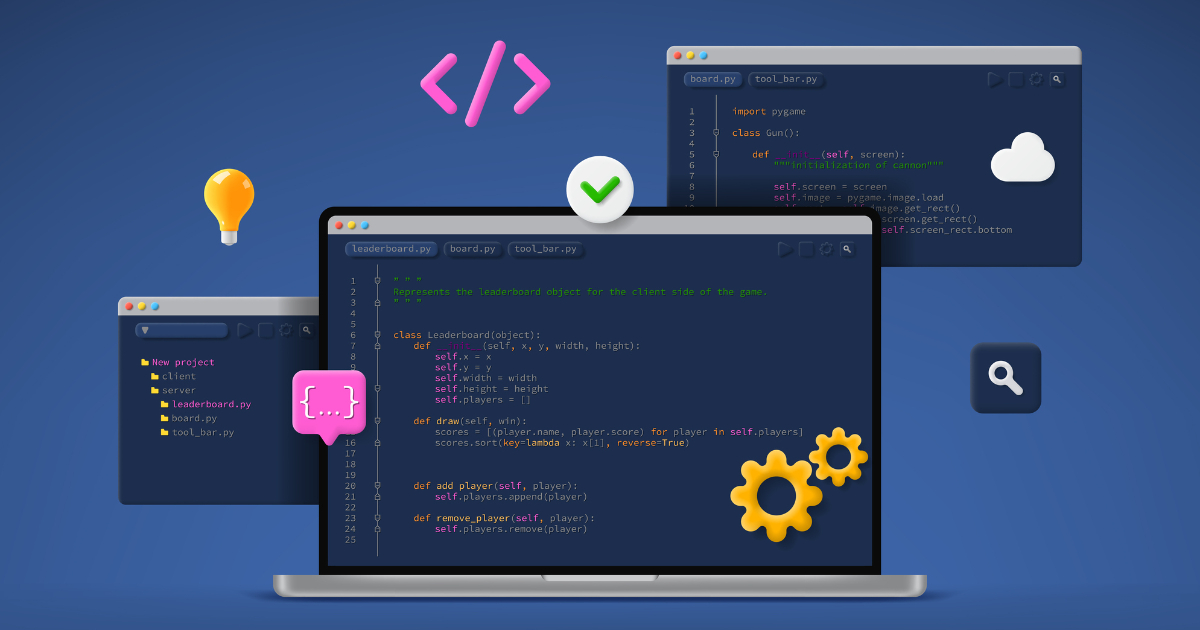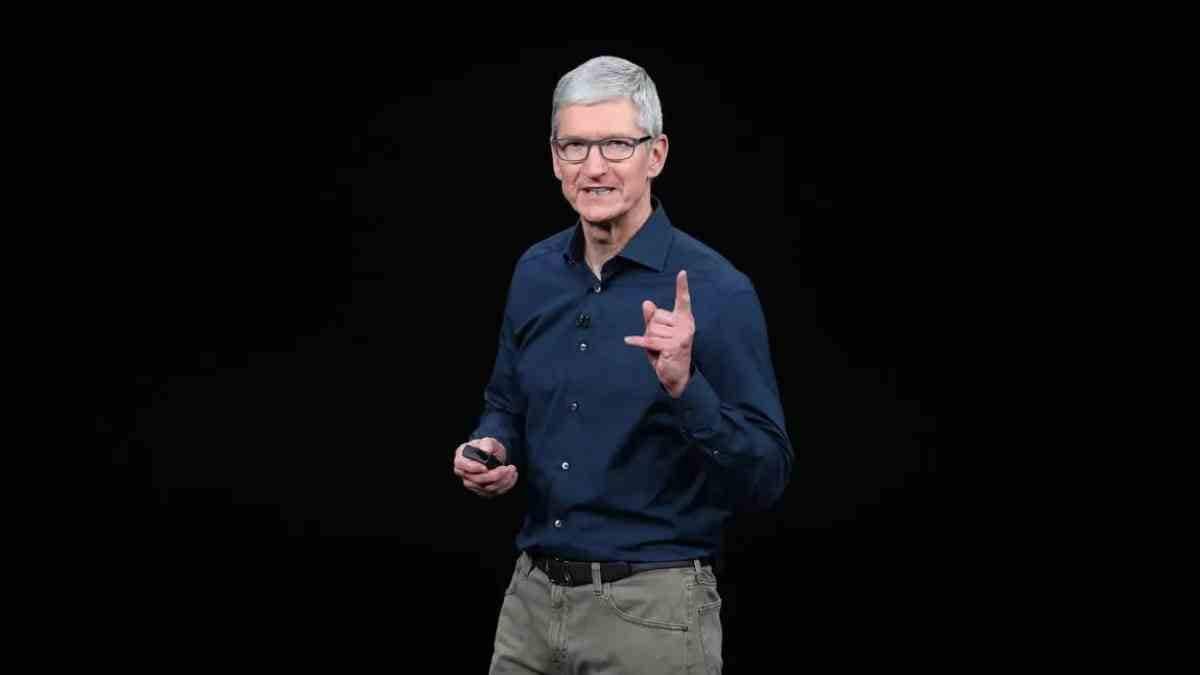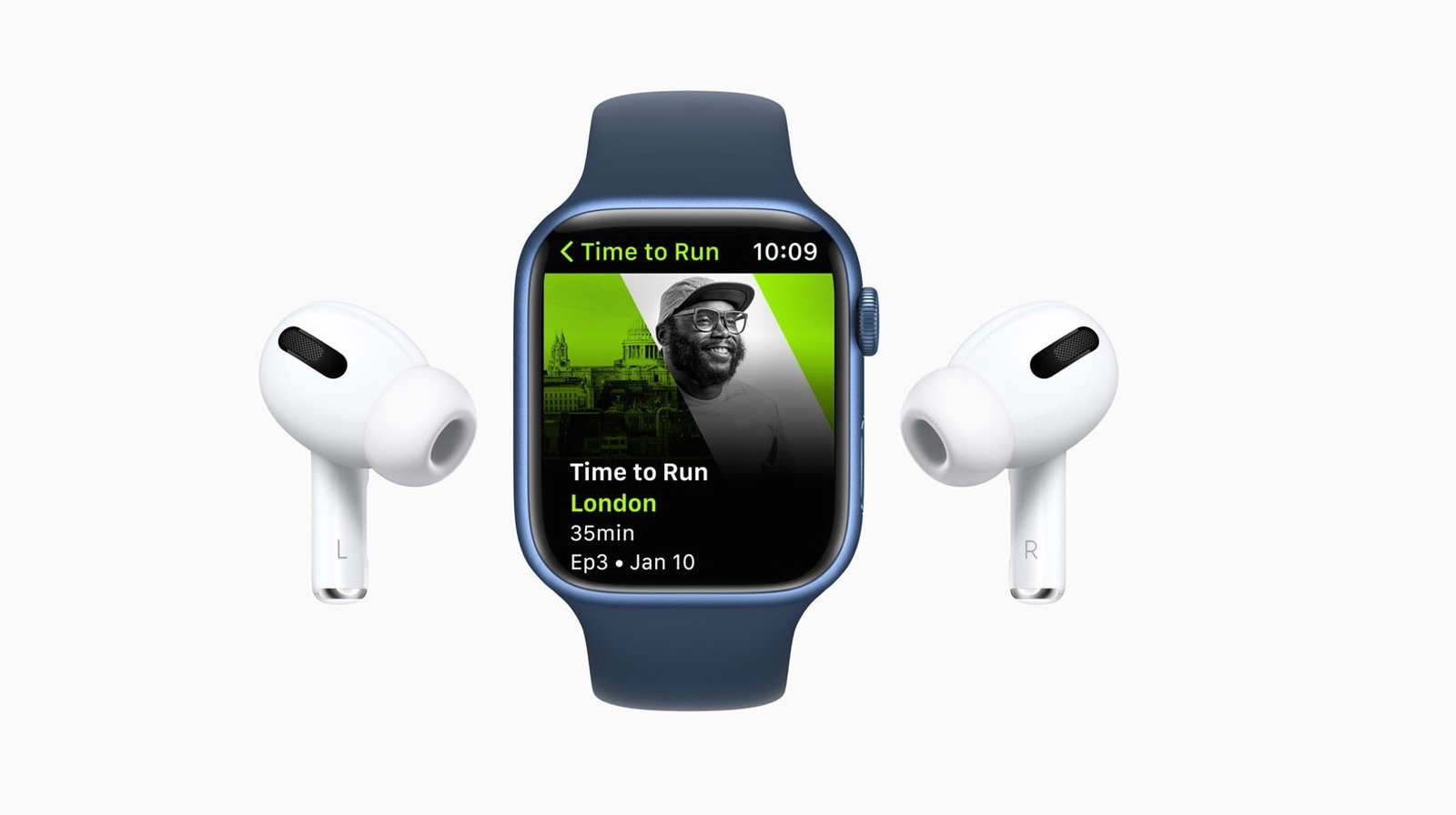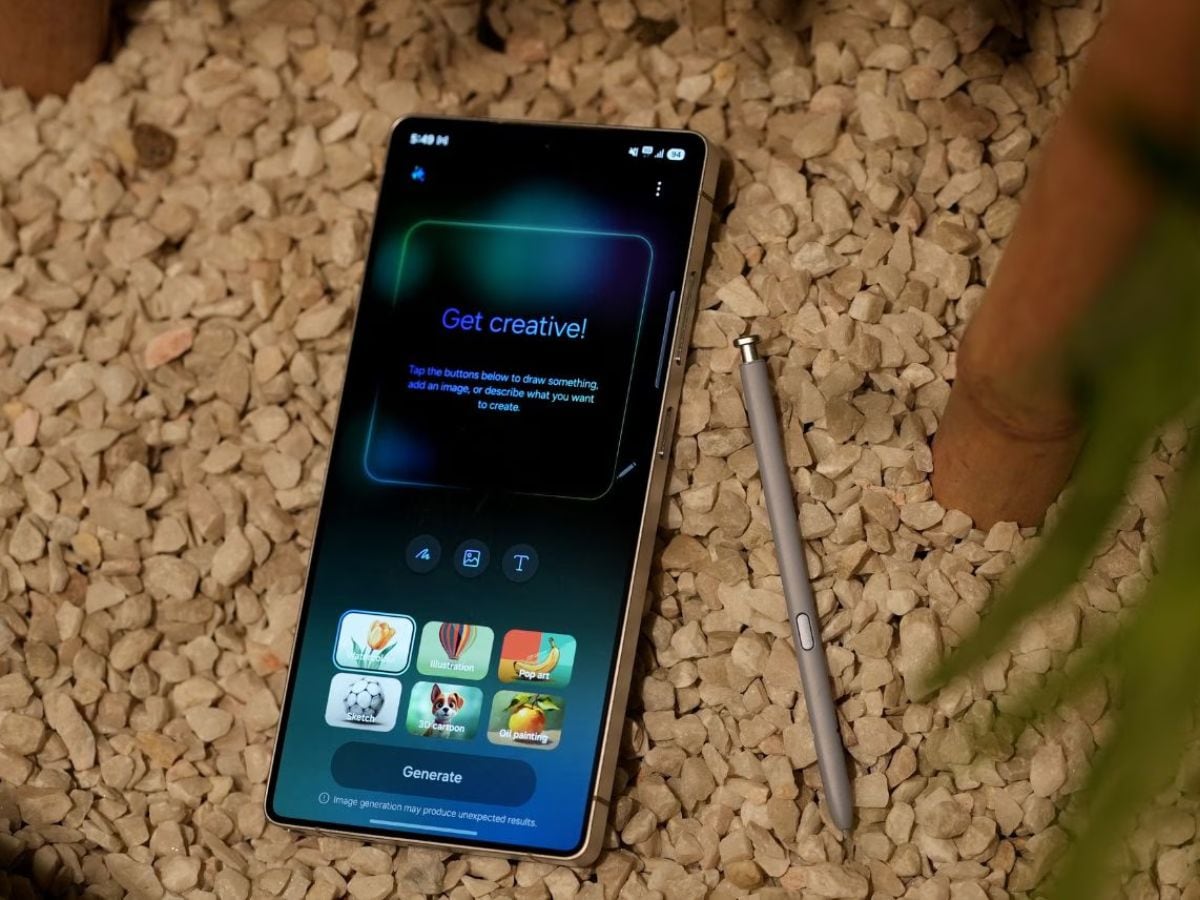OpenAI has finally completed its restructuring and his conversion into a for-profit companyin addition to closing a new agreement with Microsoft, which covers its plans for the future related to consumer hardware, as well as the steps to be taken if Artificial General Intelligence, or AGI, is achieved at some point in the future.
OpenAI now has a for-profit division, OpenAI Group PBCand a non-profit, which is now called OpenAI Foundationwhich owns shares of the for-profit division, which is currently valued at about $130 billion.
It will begin its work with a budget of 25 billion and will focus on health, diseases and what they have called “AI Resilience.” In addition, the OpenAI Foundation will increase its level of ownership of OpenAI Groupo PBC when it manages to exceed a certain valuation target, which has not yet been specified.
This restructuring comes after months of negotiations between OpenAI and the offices of the Attorneys General of California and Delaware, which had to authorize the restructuring. In addition, they have also had tense negotiations with Microsoft, and court confrontations with Elon Musk, one of the founders of OpenAI, who has sued both the company and Sam Altman in an attempt to stop the company’s conversion into a for-profit company.
As part of the restructuring, and as a result of the negotiations with Redmond, OpenAI has a new agreement with Microsoft, which implies a reduction of the shares that the OpenAI company had until now: thus, it will go from having 32.5% of its shares to 27%, a participation that is valued at about 135,000 million dollars.
In addition, the company does not lose its rights to Microsoft technology, and its intellectual property rights for both OpenAI models and products will now be extended until 2032. It will also include “models it releases after achieving AGI (if at all), with appropriate guardrails.”
Of course, part of Microsoft’s rights will now have certain limitations. Your intellectual property rights to OpenAI research will only last until 2030 or until a panel of experts verifies that you have achieved AGI. Whichever happens first.
Intellectual property rights will allow Microsoft access to confidential methods used in the development of models and systems, and will include models developed solely for internal use and research purposes. The share distribution agreement they had before remains in force until the AGI is verified. Of course, Microsoft’s intellectual property rights do not cover OpenAI’s consumer hardware, so what OpenAI is developing in collaboration with Jony Ive is out of its reach.
Microsoft and OpenAI have also relaxed the terms of their agreement so that OpenAI can collaborate with third parties to develop some productsand so you can release some open weight models. Microsoft will not have a preemptive right to be OpenAI’s computing provider, although this will Buy more Azure servicesuntil reaching 250,000 million dollars. Now, in addition, Microsoft can independently pursue AGI, alone or through agreements with third parties.











